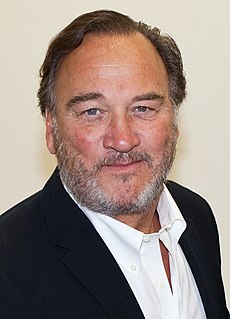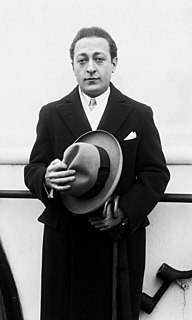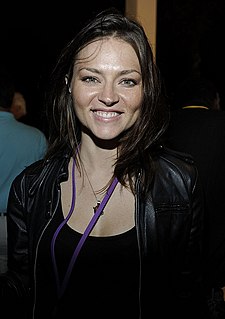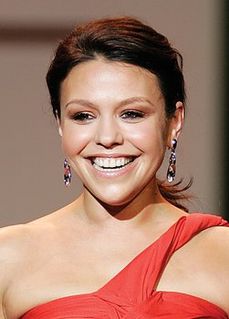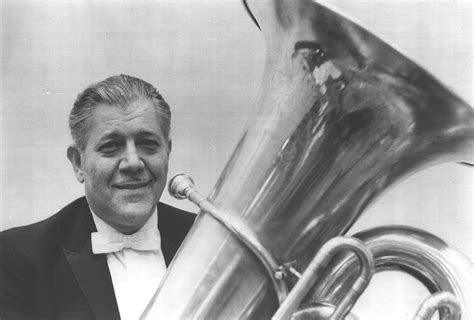Цитата Андре Драммонда
Я провожу бесчисленное количество часов каждый день после тренировки, занимаясь стрельбой. Вы знаете, приходить в выходные дни, чтобы стрелять.
Связанные цитаты
Писать - это так... Я не знаю, это такая практика, и я чувствую себя в ней очень неопытной, потому что я не занимаюсь этим каждый день. И мне действительно нужно делать это каждый день. Другими словами, ты тратишь все это время на написание фильма, а потом останавливаешься, потом снимаешь фильм, потом монтируешь, и проходит полтора года, потому что в монтажной ты не пишешь.
У нас есть потрясающие каскадеры, а в лице Мигеля Сапочника, режиссера, который так хорошо умеет тратить часы, часы и часы на каждый кадр заранее, так что он точно знает, чего хочет, когда попадает на поле боя в тот день. Мы снимаем только по десять часов в день, так что в эти десять часов приходится много впихивать.
Единственная реальная разница между съемками «Светлячка» и «Безмятежности» заключалась в том, что на «Безмятежности» у нас было гораздо больше свободы со временем. Когда вы снимаете телешоу, у вас обычно есть от шести до девяти страниц сценария, которые нужно снимать в день, и всего двенадцать часов на это. Но с «Безмятежностью» мы могли снимать одну сцену целый день.
Каждый день делайте себе комплименты. Я знаю, это звучит глупо, но это действительно важно. Будучи девушками, мы тратим бессчетное количество часов, сосредотачиваясь на своих недостатках и пытаясь их исправить или скрыть. Очень важно сосредоточиться на том, что вам нравится в себе. Может быть, у вас хороший день для волос или ваша кожа выглядит особенно здоровой. Каждый день уделяйте время тому, чтобы сосредоточиться на хорошем, а затем старайтесь носить его с собой в течение дня, потому что, хотя челка не всем идет хорошо, уверенность в себе идет.
Как актер, некоторые из самых веселых дней, которые у меня были на съемочной площадке, включали стрельбу холостыми весь день - или, что еще лучше, на малобюджетной инди-съемке в Техасе, стреляя боевыми патронами. Я чувствую себя виноватым, признавая это, но воображаемое избиение человека до полусмерти в течение девяти часов также может доставить странное удовлетворение и, осмелюсь сказать, хорошее развлечение.
Во время каждой тренировки должен быть период времени, когда вы выступаете. Пригласите друзей в свою тренировочную комнату и сыграйте отрывок или страницу чего-нибудь. ... Я пытаюсь указать, что каждый день должен содержать некоторое количество выступлений. Вы должны участвовать в сознательном акте рассказывания историй каждый день, когда вы практикуетесь. Не только собирайте информацию во время практики, тратьте время на ее передачу. Это важно.
Музыка сама о себе позаботится, потому что мы сделали все это в качестве препродакшена в репетиционной комнате. Так что к тому времени, когда она выходит на сцену, каждая песня содержит около ста часов слишком много материнства. Так что когда вы видите, как мы играем вживую, это результат девяноста дней практики, более года написания песен, прослушивания демо по выходным после репетиций.
У меня осталось не так уж много дней, — сказал он, когда мы вместе сидели в библиотеке. — Зачем мне тратить их на дренаж и просроченные счета? Я должен экономить свое время и тратить каждое из них с умом. Я сожалею, что не пришел к этому осознанию, пока мне не исполнилось пятьдесят лет. Кальпурния, тебе следовало бы принять такое отношение в более раннем возрасте. Проведите каждый из отведенных вам часов с осторожностью.






